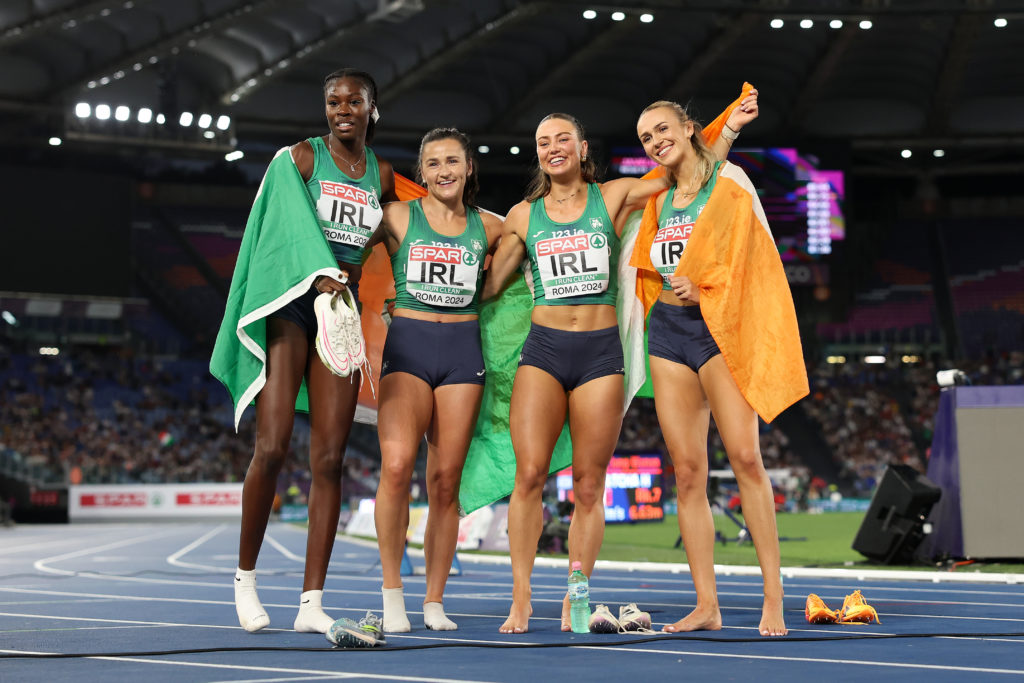Ireland's Rhasidat Adeleke wants authorities to come down harder on athletes who dope before race events, following reports that the Bahrain team could only send a maximum of 10 athletes to the Paris 2024 Olympic Games due to punishment for "serious anti-doping rule violations" committed prior to the games.
Adeleke, one of Ireland's finest track stars, was asked for her thoughts on punishment for athletes who dope, and like her Irish colleague Thomas Barr, she believes that sporting bodies should be tougher on those who cheat.
“I feel like that could be a good way to look at it,” she said to RTE Sport
“I guess harsher consequences for not being involved in clean sport and not following the guidelines when it comes to anti-doping. I think that would give people the opportunity to rethink their decisions. At the end of the day, I’m definitely going to focus on myself. I can’t really control what anybody else does."
“I try my best to promote clean sport and to engage in it myself. I make sure everything I’m doing is clean, and it’s very important to me. I would hate it if people weren’t clean on the other side.”
 Silver medallists Sophie Becker, Rhasidat Adeleke, Phil Healy and Sharlene Mawdsley of Team Ireland celebrate following their silver win in the women's 4x400m Relay Final
Silver medallists Sophie Becker, Rhasidat Adeleke, Phil Healy and Sharlene Mawdsley of Team Ireland celebrate following their silver win in the women's 4x400m Relay FinalThe Tallaght native raced alongside Bahrain's Salwa Eid Naser in the women’s 400m final at the Paris Olympics last month, but prior to that, Naser served a competition ban from June 30, 2021, to February 2023, due to an anti-doping rule violation related to whereabouts failures. However, she went on to win silver at the Paris Games in 2024.
Adeleke admits it's not something she has much control over, but she also hopes that the fairness of competition is maintained when it comes to her opponents on the track.
“At the end of the day, I actually don’t know what’s going on,” Adeleke added.
“I can’t say such and such is doping, or such and such shouldn’t be allowed to run, because I have no hand in that. All I can do is hope everybody is clean and just improve on my own to be able to perform regardless of whether athletes are clean or not.”
A fourth-place finish in the 400m and a fourth-place finish in the 4x400m relay meant that she and the team came away without a medal. However, it was a brilliant effort in her debut Olympics.
Adeleke also revealed in the interview with RTE Sport that she learnt valuable lessons from her failure to land a podium finish in Paris.
“I’ve run through so many situations and scenarios in my head and had so many different feelings,” said Adeleke.
“It was just a process of having to think of all those things to eventually get over it. I’m obviously going to think about it once in a while and think, ‘What if I did this?’ But there’s no point in continuously going over something that’s already happened. It’s more about learning from it and taking points from it.
“It’s learning from the experience and overcoming it going forward.”

